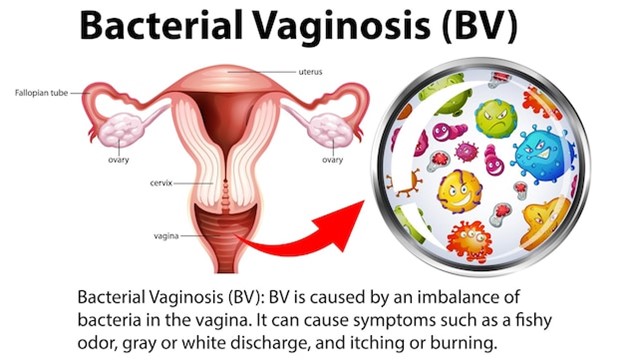Gynecological conditions can have a significant impact on a woman’s overall well-being. These conditions can range from common issues like menstrual irregularities and urinary tract infections to more serious conditions like endometriosis and cervical cancer. Coping with these conditions requires knowledge, support, and access to appropriate healthcare. In this article, we will explore some advice and resources available to South African women for managing gynecological conditions.
- Education and Awareness: One of the first steps in coping with gynecological conditions is to educate yourself about your specific condition. Understanding the symptoms, causes, and available treatment options can empower you to make informed decisions about your health. Trusted sources such as medical websites, reputable health organizations, and healthcare professionals can provide reliable information. In South Africa, organizations like the South African Society of Obstetricians and Gynaecologists (SASOG) and the Cancer Association of South Africa (CANSA) offer valuable resources and information on various gynecological conditions.
- Seek Professional Help: If you experience any unusual symptoms or suspect a gynecological condition, it is essential to consult a healthcare professional. In South Africa, gynecologists specialize in women’s reproductive health and are equipped to diagnose and treat gynecological conditions. Regular check-ups and screenings, such as Pap smears and mammograms, are vital for early detection of conditions like cervical cancer and breast cancer. It’s crucial to find a gynecologist you trust and feel comfortable discussing your concerns with.
- Build a Support Network: Living with a gynecological condition can be emotionally challenging. It is helpful to build a support network of friends, family, or support groups who can provide understanding, empathy, and guidance. In South Africa, there are several support groups and organizations that focus on women’s health and specific conditions like endometriosis and polycystic ovary syndrome (PCOS). Engaging with these communities can offer a sense of belonging and valuable insights from others going through similar experiences.
- Prioritize Self-Care: Managing a gynecological condition requires taking care of yourself physically and emotionally. Adopting healthy lifestyle habits can positively impact your overall well-being. This includes eating a balanced diet, engaging in regular exercise, getting enough sleep, and managing stress through relaxation techniques like meditation or yoga. Additionally, practicing good hygiene and using appropriate feminine hygiene products can help prevent infections and maintain vaginal health.
- Access to Healthcare: Access to quality healthcare is essential for effectively coping with gynecological conditions. In South Africa, women face various challenges related to healthcare access, including financial constraints, geographical barriers, and cultural stigmas. However, there are initiatives and programs aimed at improving healthcare accessibility. The South African government has implemented measures like the National Health Insurance (NHI) system to provide affordable and equitable healthcare for all citizens. Additionally, non-profit organizations and women’s health clinics offer services and resources for those who may not have access to comprehensive healthcare.
Remember, every woman’s journey with gynecological conditions is unique. It is essential to consult with healthcare professionals for personalized advice and treatment options. By educating yourself, seeking support, prioritizing self-care, and accessing appropriate healthcare, you can better cope with gynecological conditions and improve your overall quality of life.










